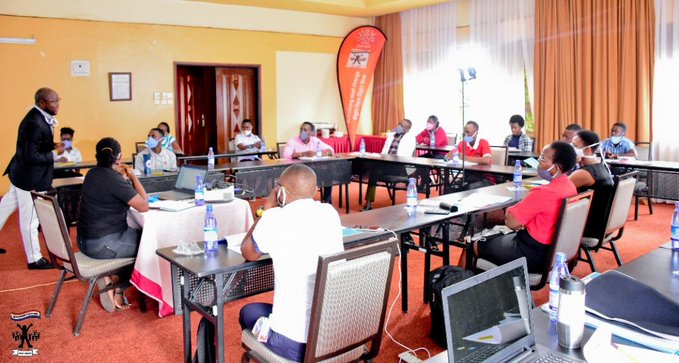The number of men seeking medical circumcision services has declined following a requirement by the health ministry for all men to undergo tetanus vaccination before the procedure is executed.
Dr Denis Bbaale, the Voluntary Medical Male Circumcision coordinator at Infectious Diseases Institute says that although vaccination is necessary for protection of men against tetanus, its requirement has created a big challenge to circumcision as an HIV prevention method.
The drop in the number of men being circumcised as a method for HIV prevention is generating debate on whether Uganda needs to have all men vaccinated against tetanus.
Hope Kusasira, a surgeon at Gulu Regional Referral Hospital says men have not been sensitized about tetanus so they did not see the value of being vaccinated twice before they could be circumcised.
Studies conducted in Uganda and elsewhere found that medical male circumcision reduces the risk of female-to-male sexual transmission of HIV by approximately 60%.
Since 2007, WHO and UNAIDS have recommended medical male circumcision as an additional important strategy for HIV prevention. Uganda is fourteen countries in eastern and southern Africa chosen to expand male circumcision.
A non-surgical circumcision device called Prepex





